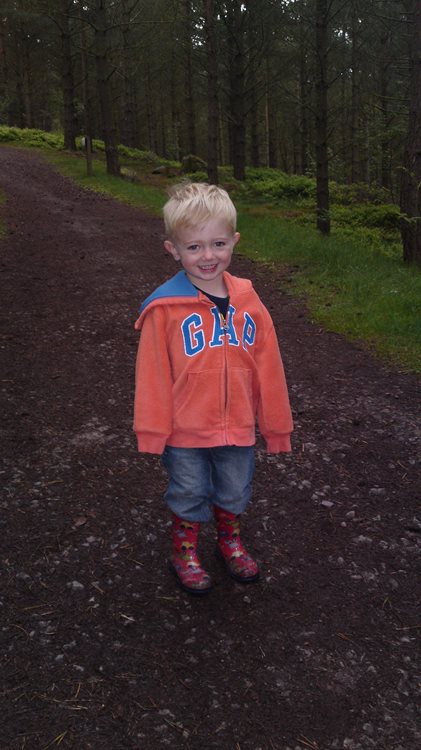 I remembered all the horror stories I had read or heard about this disease and also about a little boy who had gone to nursery with my eldest son and who unfortunately never recovered from meningococcal septicaemia. Luckily, according to the doctors, we had caught it early and they reassured us that although Kassius was very poorly, he was in the right place and they were doing all they could.
I remembered all the horror stories I had read or heard about this disease and also about a little boy who had gone to nursery with my eldest son and who unfortunately never recovered from meningococcal septicaemia. Luckily, according to the doctors, we had caught it early and they reassured us that although Kassius was very poorly, he was in the right place and they were doing all they could.
After day four Kassius woke up from a very long sleep, rolled over and pronounced ‘Oh dear!’. True to character he was eager to get up and play but he got tired very quickly and would need to rest again. From this day on he continued to make good progress and we concentrated on getting him to take fluids himself and to try and eat if possible. He was still a very poorly boy but we felt so lucky and happy on the first day that he smiled and laughed again.
On day seven we were told that he could go home but we would need to make sure he had plenty of rest, as well as trying to get back to some normality and do the things we would usually do. Kassius appeared from this terrible trauma apparently unscathed apart from a few tissue scars where his worst spots had been. I still cannot believe to this day how lucky we have been and how our story could have been so different.
I became a member of the MRF as I wanted to be able to contribute in any way that I could in trying to eliminate this horrible disease and I also wanted to learn more about it and why it affects people in such an aggressive way. I attended the MRF event at Sheffield University Medical School in July 2011 to hear about Professor Robert Read’s research surrounding meningococcal disease and to also meet other people who had been affected by the disease. The event was extremely interesting and provided an opportunity to ask Professor Read questions about meningococcal disease which perhaps hadn’t been answered in hospital because of a lack of expert knowledge. It was also a real pleasure to meet and talk to the research term, MRF staff and members who are working so hard to fight this disease.
Rachel Whitemore
August 2011